German filmmakers are at the centre of this year’s Berlinale retrospective. To watch movies, hold on to, especially the life-worlds of women in the GDR and the Federal Republic between 1968 and 1999.
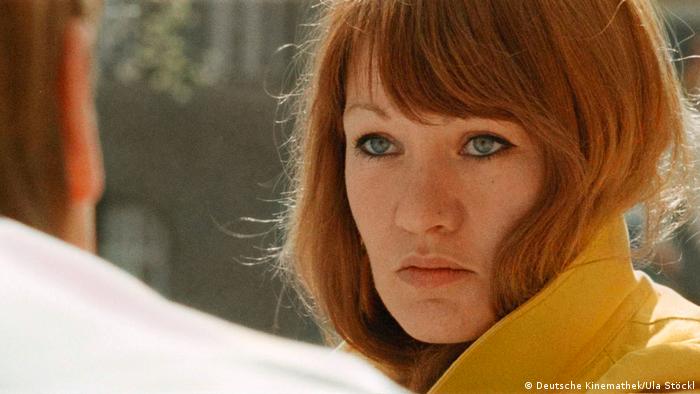
“Self-determined. Perspectives of filmmakers” is the name of the film is a historical retrospective of the 69. Berlinale (7.2.-17.2.2019). Will be shown 26 feature films and documentaries and 20 short and medium-length films from the GDR, the Federal Republic of Germany and the reunified Germany that emerged in the years 1968 to 1999. All of them were directed by women.
Those who can’t travel to Berlin in February, to see the films on the spot in the movie theater, the comfort. A selection of the films will be released simultaneously on DVD, which connects to two other DVD editions of the films of the years 1968 to 1999. “German Films”, the national information and Advisory center for the international circulation of German films, has succeeded in making many of the now re-released films have been subtitled in English, so that they can be shown in the future also abroad.
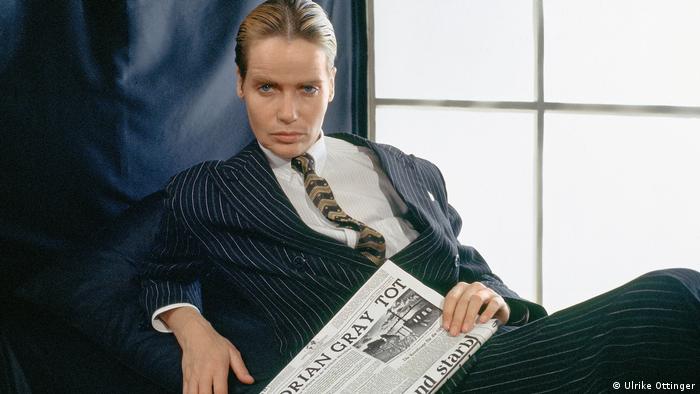
Self-conscious images of women in the cinema, Ulrike Ottinger’s “Dorian Gray in the mirror of the yellow press” from 1984
Needs to be rewritten film history now? The history of the “New German cinema”, the film aesthetic movements of renewal in the German cinemas, which is associated with names such as Rainer Werner Fassbinder, Werner Herzog or Wim Wenders, and resulted in a stir worldwide, is primarily a story of the Directors. Only the Name Margarethe von Trotta entered into the consciousness of a larger, film-interested Public.
#MeToo gave a food for thought
But there were more. The Berlinale retrospective and, so to speak, the DVD-editions, now attentive. Connect this also to a new perception of women in the Director’s chair, which was promoted in the recent time primarily due to two developments: “#MeToo ( … ), has become a protest movement against sexual Assaults of an emancipation movement for the visibility of women,” wrote the Director Jutta Brückner in a recent Essay.
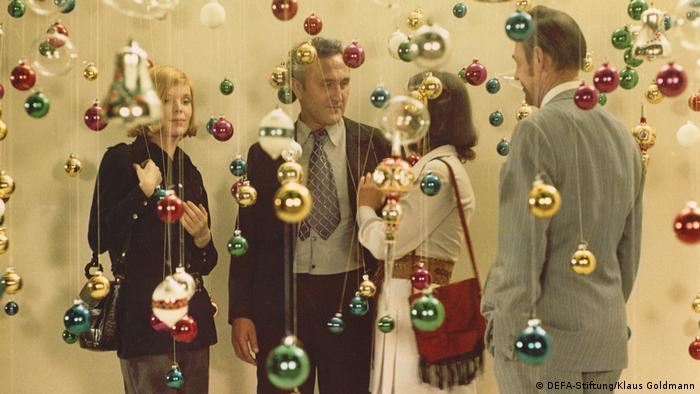
Also in the GDR, the game was staged movies of women, but films remained as “The “dove on the roof” is the exception
The #MeToo movement was the impetus. The discussions about gender equality in the Film and cinema scene continued to progress In all areas of the promotion and production of films, do something in favour of Director, writer, and other female film-makers. The Berlinale retrospective has been planned in concept even before #MeToo. It is a continuation of the Berlinale retrospective 2015 “Germany ’66”. But it now fits perfectly into the year 2019, and current discussions.
In 1968 a new way of Thinking, set free – even when the Film
Avoid a one-sided view movies of women should be: “With the keyword of ‘women’s film’ (…) is often associated with an attitude of lamentation or Anklagens. This sound is not found in the films of this retrospective is almost cooked,” by the selection Commission of the retrospective.
As the time frame you chose to deliberately break the year 1968, which is, surprisingly, also for the GDR: “It may be a coincidence – but 1968 is the same in both Parts of Germany, something like the starting gun for women to treat their own topics and on the search for one’s own film language.”
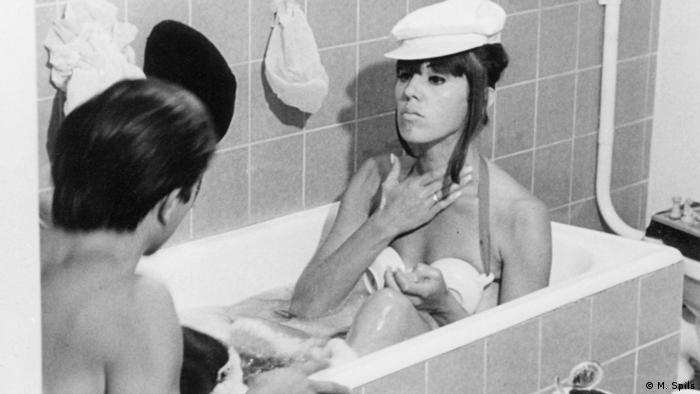
May Spils was one of the Pioneers of the women’s film in Germany – here is a scene from “maneuvers”
And how the theme looks now tables and aesthetic diversity? In the Federal Republic of Germany at the end of the 1960s to feature films like “The thing, sweetheart” by May Spils, and Ula Stöckl “Nine lives the cat has emerged”. The former is a playful, absurdist Comedy with a lot of Munich, charm and an enormous entertainment potential, the other is an essayistic-scale feature film about five women whose stories of emancipation in a man’s tell-dominated society.
In these years, and in the following decade, often in documentary Form of life were filmed in West Germany, but also many shorter films by women – and work worlds of women, which is today also an enlightened male audience breathless.
Women’s rights in focus
“My films can be detected, what has changed over the last 50 years,” says Director Ula Stöckl: “What is the young woman knows today that you needed in the 1970s in West Germany, a permission from the husband to open an account? Or how it was to be of a profession are excluded from the was told he would only be overcome by men?”
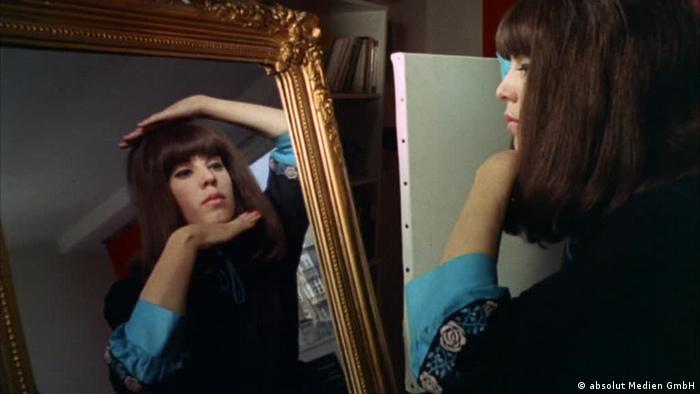
May Spils short film “The Portrait”: the women were set by women from 1968, otherwise than by men
In the other part of Germany the Situation of women, the wanted to put in the movie business walk was even more precarious. The Defa, the state production company of the GDR, allowed women a long time only in the children’s film area. Later on, a shorter film formats, which have focused especially on everyday life, occupation and education emerged.
Surprising constellations were visible: “The men still act dominant patriarchal, the women seem to have in the movies, the Regiment assumed,” writes the film’s publicist, Claudia Lenssen in the Booklet of the DVD, which appears now to be retrospective.
No more money for “women’s movies”
However, some of the Directors of the GDR pushed the limits, got in trouble with the state of censorship in the GDR and were able to rotate any more films. Large gaps in the biographies of deeds, however, many film-makers in the Federal Republic of Germany. “After the heyday of this first women’s film movement, which lasted about 15 years, got the filmmakers no longer the means of production,” writes the Director Jutta Brückner, in an Essay of the film magazine epd to Berlinale-a retrospective in 2019.
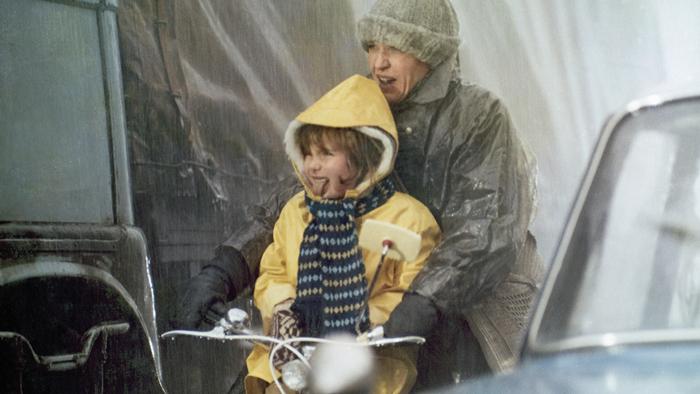
Uncomfortable travel between censorship and self-exploitation: Evelyn Schmidt directed “The Bicycle” in the GDR in 1982
The film festival, the Berlin festival encompasses three decades of film-making by women. It ends in 1999, because of the fall of the Berlin wall was ten years. Directors such as Nina Grosse (“The glass sky”) and Katja von Garnier (“Bandits”) were also popular genre forms of a cinema that most of them knew only of male Directors. Of equal treatment in terms of production funding, it was removed at the time, but still far.
Berlinale retrospective will mark its
Only recently, pushed by the #MeToo and the Pro-quota debate, increased awareness of the need for a sustainable equality within the film scene. The Berlinale, the retrospective “self-determined. Perspectives of filmmakers” is now also a sign. Rewritten, the German film historiography must be, but there are a couple of strong corrections.
To look Further and read More:
- The DVD editions of “How did you do that? Films by women from five decades” and “self-determined” appeared in the DVD-a provider of “Absolute media”.
- Karin Herbst-Meßlinger, Rainer Rother (Hg.): A self-determined way. Perspectives of filmmakers, 216 pages, ISBN: 978-3-86505-262-9
- Cornelia Source Of KPIs, Ralf Schenk (Hg.): – Director of the DEFA and its films, 416 pages, ISBN 978-3-86505-415-9
- Claudia Lenssen (EDS.): Ula Stöckl (movie concepts), 100 pages, ISBN 978-386916801